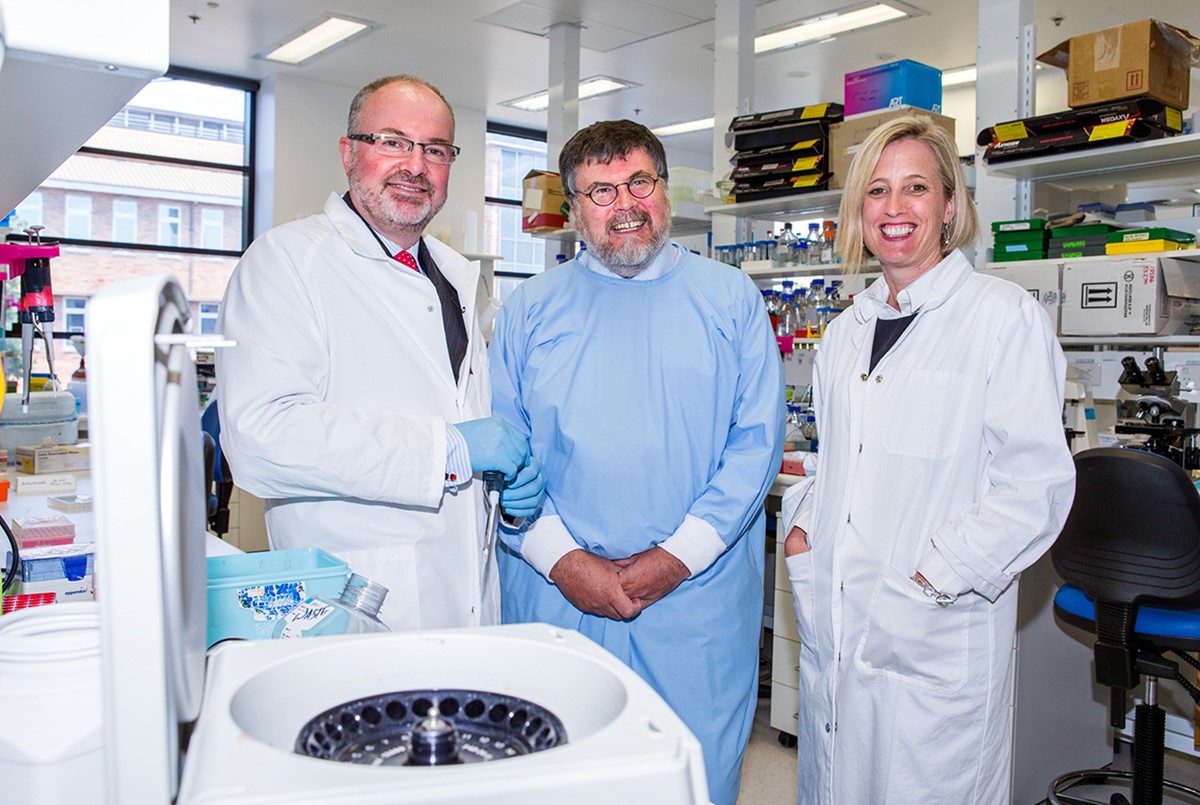New Centenary Cancer Chair appointed
The University and the ACT Government have announced the appointment of distinguished medical researcher Professor Ross Hannan as the inaugural Centenary Chair in Cancer Research.
The Centenary Chair is a new position, focused on researching new treatments for cancer patients and fostering collaboration between Canberra medical specialists and scientists at The John Curtin School of Medical Research (JCSMR) and across ANU.
The Centenary Chair is a joint project of ANU and the ACT Government. The Government has provided $1.5 million to help fund the position.
“The appointment as Centenary Chair in Cancer Research is incredibly exciting for me as it is an opportunity to build upon the reputation of the JCSMR as one of Australia’s pre-eminent centres of medical research,” Professor Hannan said.
“I plan to establish a new internationally-competitive department focused on understanding the fundamental mechanisms of cancer biology and translating this into new treatments for cancer sufferers.”
Professor Hannan, currently based at Melbourne’s Peter MacCallum Cancer Centre, will take up the new position in 2015.
Cancer is Australia’s biggest killer, with 115,000 new cases every year and 44,000 deaths. One in three Australians will contract the disease before they reach the age of 75 and 19 per cent of the health system’s budget is spent on cancer patients.
Watch a video interview with Professor Hannan.
Dean of the ANU College of Medicine, Biology and Environment, Professor Kiaran Kirk, said Professor Hannan was another high-profile appointment at ANU, and followed the recent appointment of Professor Simon Foote as Director of the JCSMR.
“Both appointments are exciting developments that will underpin the repositioning of Health and Medical Research at ANU, with increased research activity within The John Curtin School and increased collaboration and engagement of ANU with other Canberra institutions involved in medical research and health provision, as reflected in the SynCH partnership.”

